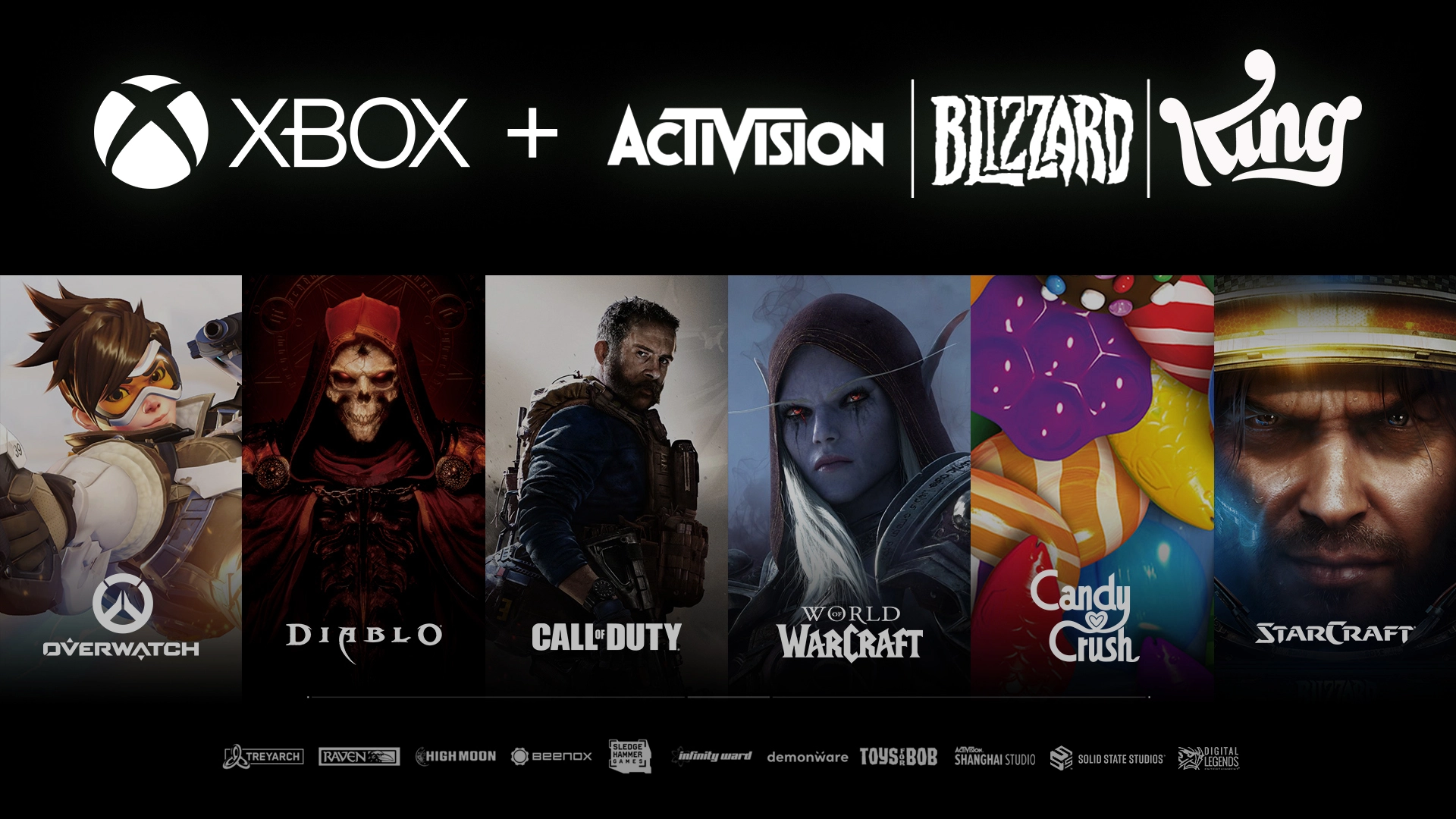Sony Says Microsoft is Trying to Turn PlayStation into Nintendo

Microsoft’s planned purchase of Activision Blizzard has been challenged, according to Sony Interactive Entertainment (SIE), which expressed confidence that the UK’s Competition and Markets Authority (CMA) would pursue this. Sony has expressed confidence that the regulator would decide that the merger is likely to significantly decrease competition and should therefore be barred in a recently released reaction to the CMA’s statement.
The platform owner asserts in a 22-page response that independent developers would all suffer if Microsoft were to acquire exclusive custody of Activision’s content and that Microsoft could raise pricing for games, hardware, and subscriptions.
SIE is confident that the CMA’s Phase two inquiry will confirm that the transaction is likely to substantially lessen competition and should be prohibited
Microsoft would control irreplaceable content which drives user engagement. Post-transaction, Microsoft would control Activision content which drives [redacted] times as much user engagement on PlayStation than all of SIE’s best performing first-party titles put together.”
-Sony
Sony contends that after the transaction, “Microsoft would have the power and incentive to exclude or hinder rivals, including PlayStation and PlayStation Plus, from providing access to Call of Duty.” Microsoft recently claimed that it had offered Sony a deal that would keep the Call of Duty series on PlayStation for a decade.
Sony claims that during its first inquiry, the CMA obtained information demonstrating that 30–40% of all console gaming minutes in the UK are spent playing Activision and Microsoft titles. Sony contends that customers, rivals, and independent developers would all suffer if Microsoft were to acquire exclusive control over Activision’s material.
In the mid-term, a significant number of PlayStation users would likely switch to Xbox and/or Game Pass
Faced with weaker competition, Microsoft would be able to: increase console and game prices for Xbox users (including those that switched from PlayStation); increase the price of Game Pass; and reduce innovation and quality.
Microsoft’s foreclosure strategy would lock in many consumers to Xbox, including existing Xbox users who play Call of Duty and those switching from PlayStation to play Call of Duty. These locked-in users would become less likely to switch in response to any procompetitive actions on SIE’s part.
This would effectively prevent SIE from competing for the business of a large portion of console gamers, reducing its incentives to invest.”
Sony Claims Activision Merger Intends to turn “PlayStation into Nintendo”
Sony specifically mentions Microsoft’s remarks that other platforms, like Nintendo Switch, have thrived without Call of Duty in one portion of its statement. Sony claims that this accusation “ignores the facts” in its most recent response. Nintendo’s approach, according to SIE, differs from those of PlayStation and Xbox since it does not depend on 18+ shooter brands, which, if the Activision transaction is approved by international authorities, Microsoft would effectively hold exclusively.
In this regard, it asserts that Microsoft’s “real aim” in partnering with Activision Blizzard is to make PlayStation similar to Nintendo in that it does not compete in this market.
Microsoft claims that Nintendo’s differentiated model demonstrates that PlayStation doesn’t need Call of Duty to compete effectively. But this reveals Microsoft’s true strategy. Microsoft wants PlayStation to become like Nintendo so that it would be a less close and effective competitor to Xbox.
Ignoring these facts, Microsoft argues that Nintendo has been successful without access to Call of Duty. This misses the point. The Decision identifies a wide body of evidence showing that Nintendo offers a differentiated experience to Xbox and PlayStation because it is focused on family-friendly games that are very different from PEGI 18 FPS games like Call of Duty.”
-Sony
Regulators in Saudi Arabia and Brazil have authorized the Activision transaction, but the UK’s Competition and Markets Authority has extended its probe into a second phase. Before making a final decision it is now requesting the public to express their opinions on the purchase.
The expected merger agreement between Activision and Microsoft has run into several roadblocks as a result of criticism from various IT behemoths and analysts. It will be interesting to watch how Microsoft handles this.





